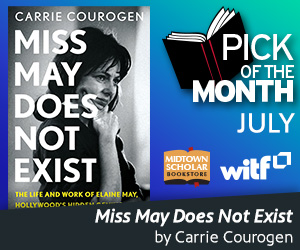December’s pick-of-the-month “Superforecasting: The Art and Science of Prediction”

Ten years ago, noted scholar Philip Tetlock gained international attention with a landmark study demonstrating that experts’ predictions are only slightly better than chance, whether on global or local issues. But Tetlock is more interested in an underreported conclusion in his same same study – some people do have real foresight.
So who are the people that understand what is likely to happen, and how can we all get better at making predictions? Superforecasting: The Art and Science of Prediction is Tetlock’s answer, co-written with author Dan Gardner. For the past decade, Tetlock has worked on the Good Judgment Project, studying ordinary people who are able to sift through trends and seemingly unrelated information to draw more accurate conclusions about upcoming events than experts in their field.
In its review, Kirkus described Superforcasting this way: “In this captivating book, Tetlock argues that success is all about the approach: foresight is not a gift but rather a product of a particular way of thinking.”
The Good Judgment Project involves tens of thousands of ordinary people–including a Brooklyn filmmaker, a retired pipe installer, and a former ballroom dancer–who set out to forecast global events. Some of the volunteers have turned out to be astonishingly good. They’ve beaten other benchmarks, competitors, and prediction markets. They’ve even beaten the collective judgment of intelligence analysts with access to classified information. They are “superforecasters.”
Tetlock demonstrated that good forecasting doesn’t require powerful computers or arcane methods. It involves gathering evidence from a variety of sources, thinking probabilistically, working in teams, keeping score, and being willing to admit error and change course. Superforecasting offers the first demonstrably effective way any individual, group, or public or private entity can improve our ability to predict the future–whether in business, finance, politics, international affairs, or daily life.
Philip E. Tetlock is the Annenberg University Professor at the University of Pennsylvania and holds appointments in the psychology and political science departments and the Wharton School of Business. Dan Gardner is a journalist and the author of Risk and Future Babble: Why Pundits are Hedgehogs and Foxes Know Best.


